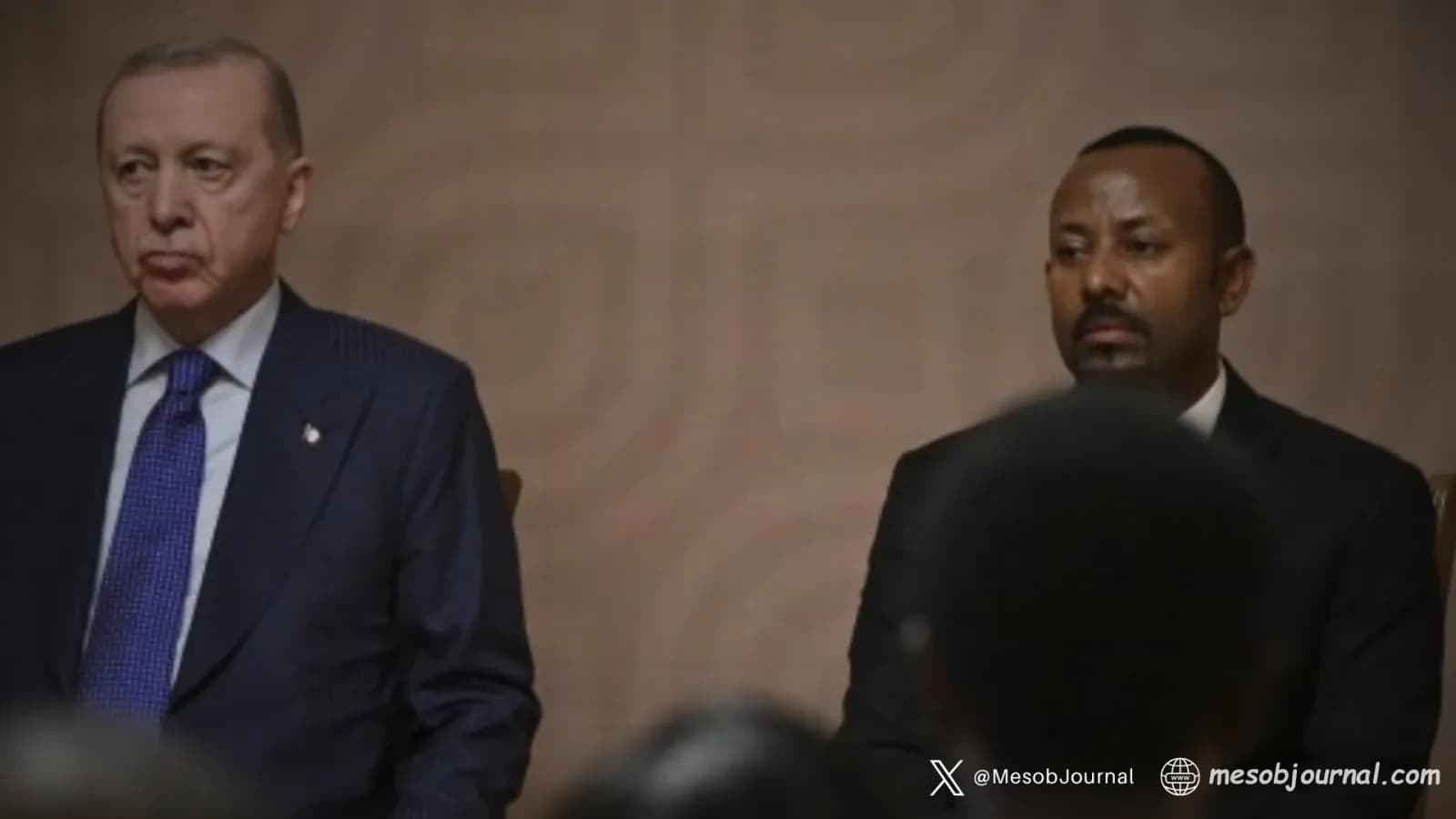Eritrea Hosts Sudan’s New Prime Minister Kamil Idris, Underscores Solidarity

A senior Sudanese delegation led by Prime Minister Dr. Kamil Idris arrived in Asmara on Thursday for a two-day working visit — a trip that has drawn attention not only for its timing but for the message it carries about regional solidarity in a time of deep Sudanese crisis.
The delegation, which includes Foreign Minister Ambassador MohiEl-Din Salem, the Minister of Culture, Information and Tourism Khalid Ali Aleisir, and other senior officials, was warmly received at Asmara International Airport by Eritrea’s Foreign Minister Osman Saleh.
By afternoon, President Isaias Afwerki welcomed Prime Minister Idris and his team at the State House for what the Ministry of Information described as “extensive discussions” covering bilateral cooperation, developments in Sudan’s conflict, and wider regional and international issues of mutual concern.
“Principled and Immutable”
President Isaias, according to the statement, underlined that Eritrea’s position on Sudan is “principled and immutable” — rooted in unwavering support for the unity, sovereignty, and dignity of the Sudanese people.
He reaffirmed that Eritrea will “continue to play its part” in efforts to achieve a durable solution to the conflict, a war now dragging into its third year with devastating humanitarian consequences.
Prime Minister Idris, for his part, delivered greetings from General Abdel-Fattah al-Burhan, Chairman of Sudan’s Sovereign Council, and conveyed the gratitude of the Sudanese people to the Government and people of Eritrea.
He paid tribute to what he called Eritrea’s “bold position at a critical juncture”, describing it as both inspirational and historic, anchored in profound values rather than expedient politics.
Eritrea’s Steadfast Role
The meeting comes at a delicate phase in Sudan’s internal struggle, with Prime Minister Idris — appointed in May this year — seeking to reassert state institutions and rebuild diplomatic bridges after years of conflict and fragmentation.
Eritrea’s decision to host him now, in one of his earliest official visits, reflects Asmara’s continuing message: that Sudan’s unity is not negotiable, and its people’s suffering must not be normalized.
For Eritrea, the stakes are not abstract. The two nations share deep historical, cultural, and security ties — and a long border where instability in Sudan spills directly into the region’s fragile balance.
Asmara has consistently argued that Sudan’s crisis cannot be outsourced or reduced to power-sharing formulas, but requires genuine Sudanese ownership — political, moral, and territorial.
A Quiet but Firm Statement
Eritrea’s diplomacy often avoids fanfare, but its message through this visit was unmistakable.
By welcoming Prime Minister Idris and his delegation at a moment when Sudan remains under siege — politically, militarily, and humanitarianly — Asmara once again positioned itself as a principled actor in a region crowded with shifting alliances.
The warmth of the encounter, the emphasis on dignity and unity, and the respect exchanged between the two leaders conveyed something more enduring than routine diplomacy: a reaffirmation that Eritrea’s solidarity with the Sudanese people is neither opportunistic nor time-bound.
Eritrea's message:
At a time when much of the world looks at Sudan through the lens of crisis fatigue, Eritrea’s message was clarity itself — that the people of Sudan deserve peace built on sovereignty, not fragmentation; and that genuine stability in the Horn of Africa will always rest on nations that stand by principle, even in the face of pressure or indifference.
Related stories

The “Powder Keg” Script: Crisis Group’s Eritrea Bias
International Crisis Group’s 18 February 2026 briefing advertises itself as conflict prevention. In reality, it performs something closer to narrative management: it repackages Ethiopia’s Red Sea ambition as a “grievance” to be accommodated, while keeping Eritrea boxed into the f

Ethiopia: Abiy's War Script and the Media’s False Balance on Eritrea
The lazy framing is already being warmed up: “tensions are rising,” “neighbours trade claims,” “both sides must de-escalate.” It sounds responsible. It reads balanced. And it quietly deletes the one fact that matters: one side has spent years normalising war talk as policy. If y

Erdogan in Addis: sovereignty first as Abiy beats sea-access drum
Abiy Ahmed tried to stage the usual Addis photo-op when Turkey’s President Recep Tayyip Erdoğan arrived. But the camera caught something different: a stiff, guarded prime minister sitting beside a visitor who didn’t look like he came for flattery. What played out at the joint app

Fenkil’s Dawn: The Martyrs Who Made Eritrea Unbowed
Some victories are celebrated once. Others are lived—every day—like a vow you can’t afford to break. At Twalet, the Tanks Don’t Rust In Massawa, the Red Sea air has a way of softening everything—except memory. You can feel it near Twalet, where three tanks stand fixed as a monume

